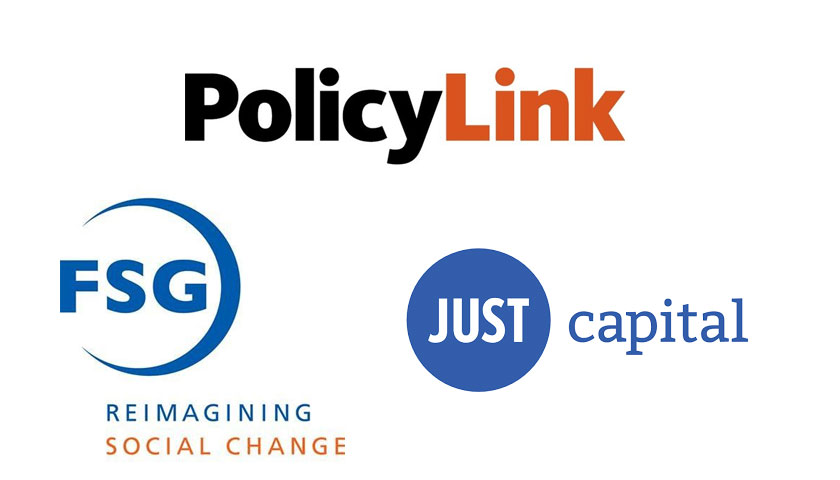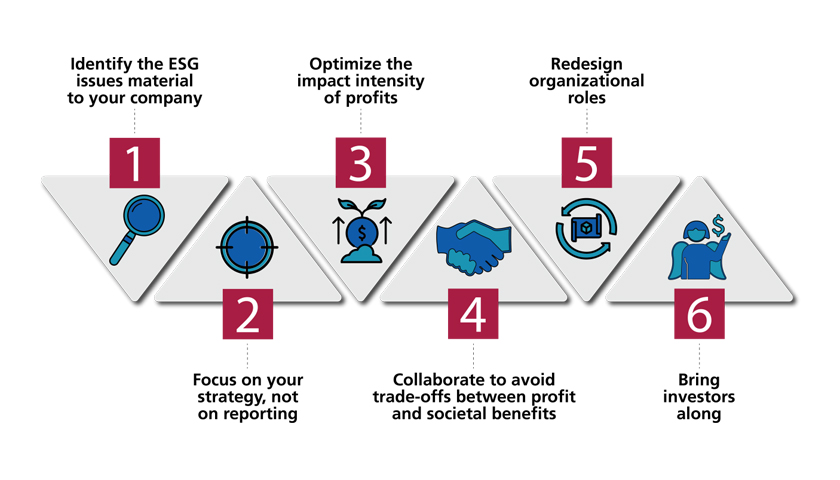A new report released recently by a partnership consisting of PolicyLink, FSG, and JUST Capital reveals what some of America’s CEOs and C-suite leaders identify as the key challenges to advancing racial equity and what it means for what comes next.
Conducted in partnership with Paul Shoemaker, former Microsoft executive and founding president of Social Venture Partners International, the report synthesizes one-on-one interviews with 40 senior business executives (60 percent of them CEOs/chairpersons) spanning 38 companies across a broad range of industries, including retail and consumer products, finance, information technology, health care, media, and hospitality. Collectively, the organizations employ more than 4.3 million workers and range in size from $10 million to over $100 billion in annual revenue.
The report chronicles what C-suite leaders perceive as the biggest barriers to centering racial equity and their greatest needs for further guidance.
- There is a deeper awareness of “shared complicity” in perpetuating inequity and greater commitment to listen and learn, but also a fear of making mistakes in moving forward.
- Many business leaders understand that transparency matters now more than ever, underscoring the painful lack of robust data and accountability.
- Business leaders have not fully embraced all the benefits of advancing racial equity within their workplaces and across society.
- The ongoing tension between near-term perception and long-term impact, compounded by prevailing mindsets about the nature of equity work, presents a significant barrier to more meaningful change.
The interviews are part of the partners’ groundbreaking project: corporate standards for racial equity, which are in development.
Following the wave of corporate commitments to racial equity last year, PolicyLink, FSG, and JUST Capital combined their expertise to help CEOs navigate the challenges of racial equity work. Their first effort was the CEO Blueprint for Racial Equity, released in July 2020, calling on business leaders to advance racial equity within their workplaces, communities, and society at large. The recent interviews were used to update the CEO Blueprint with actionable steps (releasing June 3, 2021) and guide the creation of the standards.
The case for business leaders to help achieve racial equity in America is not only a moral obligation and competitive advantage for businesses but also an urgent economic and democratic imperative for this nation. According to the National Equity Atlas, in 2017 alone, the U.S. economy could have been $2.8 trillion stronger if there had been no racial gaps in income for the working-age population. A study by Citi in 2020 estimated that the lost GDP of systemic racism and discrimination faced by Black Americans over the last 20 years was $16 trillion. Looking ahead, a W.K. Kellogg Foundation study found that the U.S. economy could be $8 trillion larger by 2050 if we eliminated racial disparities across the country.


